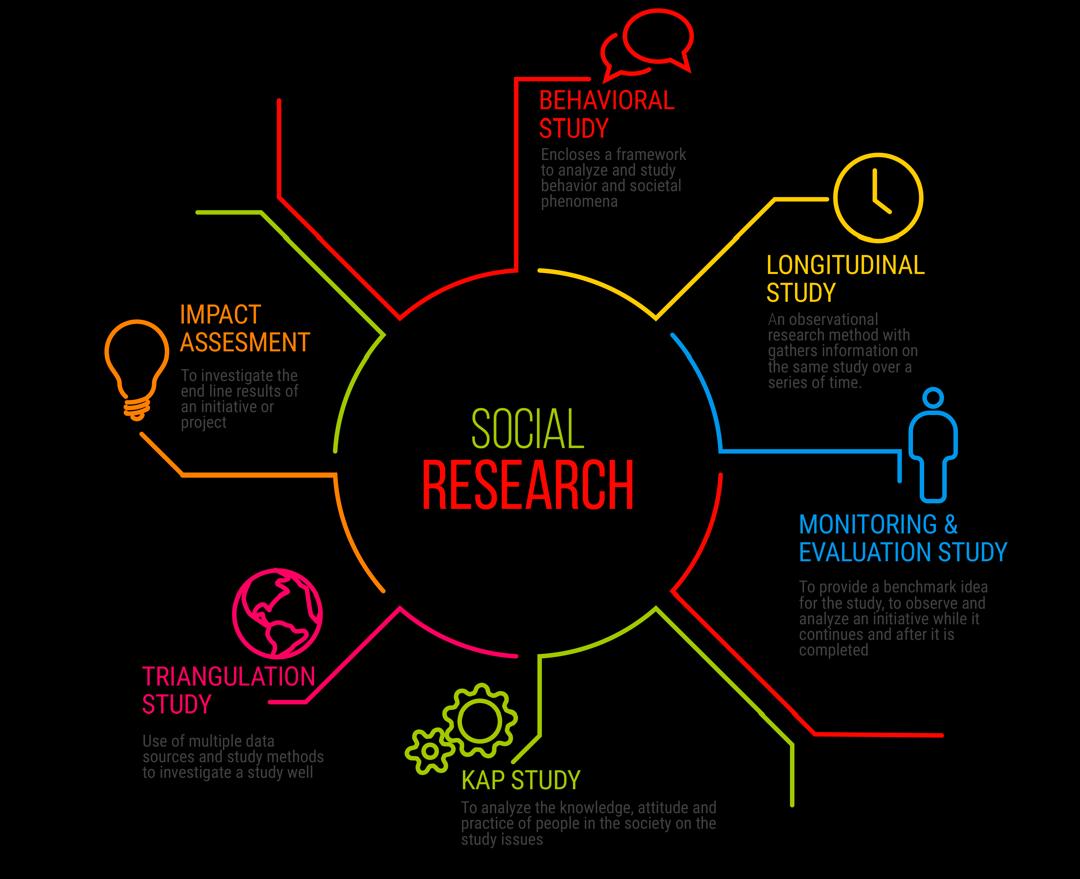Social programs play a vital role in addressing societal challenges, from poverty and education inequality to public health and housing. To ensure these programs are effective, scalable, and capable of adapting to changing needs, research plays a pivotal role. Evidence-based research not only informs program design but also helps measure impact, refine strategies, and optimize resource allocation. As we look toward the future of social programs, the integration of high-quality research is critical in shaping initiatives that produce meaningful, lasting change.
At the heart of effective social programs is a foundation built on research. Before launching any new initiative, decision-makers rely on data to understand the problem they’re trying to address.
This research can include:
- Needs Assessments: identifying the key issues within a community or demographic group through surveys, focus groups, or data analysis.
- Best Practices: Reviewing what has worked (or failed) in similar programs globally to learn from existing evidence and models.
- Behavioral Studies: Understanding the behavior patterns and motivations of target populations to design programs that encourage participation and improve outcomes.
By grounding program development in research, organizations can ensure that the strategies they employ are likely to be effective and relevant to the communities they serve.
Once social programs are implemented, ongoing research and evaluation are essential to monitor performance and drive continuous improvement. Data collection, both qualitative and quantitative, helps identify what’s working, what’s not, and what might need to change. Key areas where research informs program improvements include:
- Impact Evaluation: Research helps measure outcomes, determining whether programs are achieving their stated goals. For example, has a poverty-reduction initiative actually improved economic outcomes for participants?
- Cost-Effectiveness: By analyzing data, researchers can assess whether resources are being used efficiently and whether a program offers a good return on investment.
- Scalability: Research can identify how successful programs can be scaled to benefit larger populations or replicated in different regions with similar success.
Programs that continuously integrate research feedback are more adaptive, able to evolve alongside the needs of the communities they serve and the socio-economic environment.
Research not only helps refine existing programs but also plays a crucial role in anticipating future social challenges and shaping proactive solutions. Through trend analysis and predictive modeling, social researchers can forecast shifts in societal needs and design programs that address emerging issues before they become critical. For example:
- Technological disruption: Research helps social programs adapt to the digital age, preparing for the impacts of automation, AI, and digital inclusion on employment, education, and access to services.
- Public Health: Predictive health research helps prepare programs for future crises, such as pandemics or the rise in chronic diseases due to lifestyle changes or environmental factors.
- Climate Change: Social programs aimed at sustainability and disaster preparedness benefit from research on the long-term effects of climate change on vulnerable populations.
By using research to anticipate and respond to these trends, social programs can future-proof themselves, ensuring they stay relevant and effective.
Data science is transforming the way social programs are researched, designed, and evaluated. With the rise of big data, machine learning, and AI, researchers can now analyze vast amounts of information to uncover patterns and insights that would have been impossible to detect before. Some of the ways technology is enhancing social program research include:
- Predictive Analytics: Using data to predict future behavior, enabling proactive program adjustments.
- Geospatial Analysis: Understanding how geographic factors influence social outcomes, helping to target specific regions with customized solutions.
- Social Media Analysis: Gaining insights into public opinion, emerging trends, and the impact of social programs through the analysis of social media platforms.
These technological advancements allow researchers to work with more granular data, offering a clearer understanding of complex social issues and the impacts of programs at a deeper level.
While research is a powerful tool, there are challenges to its integration into social programs. Some of these challenges include:
- Funding Limitations: Research is resource-intensive, and social programs often struggle with tight budgets. This can limit their ability to conduct thorough evaluations or invest in predictive research.
- Data Gaps: There may be a lack of high-quality, reliable data in certain areas, particularly in low-income or marginalized communities, where data collection has historically been insufficient.
- Ethical Concerns: Social research, especially when involving vulnerable populations, must be conducted ethically, with safeguards to protect privacy, dignity, and informed consent.

Despite these challenges, the future holds significant opportunities for using research to shape social programs. Greater collaboration between governments, academic institutions, and private organizations could bridge funding gaps and improve data sharing. Furthermore, the expansion of open data platforms and the rise of community-driven research efforts offer exciting avenues for advancing knowledge and improving the effectiveness of social initiatives.
Wrapping Up with Key Insights
The future of social programs will be increasingly driven by research. By grounding decisions in data and evidence, social programs can become more targeted, effective, and sustainable. Research enables us to learn from the past, refine our present efforts, and prepare for future challenges, ensuring that social programs continue to address society’s most pressing needs. As we embrace technological advancements and prioritize evidence-based approaches, social programs will have the power to bring about lasting, meaningful change in the lives of the people who need them most.

Leave a Reply